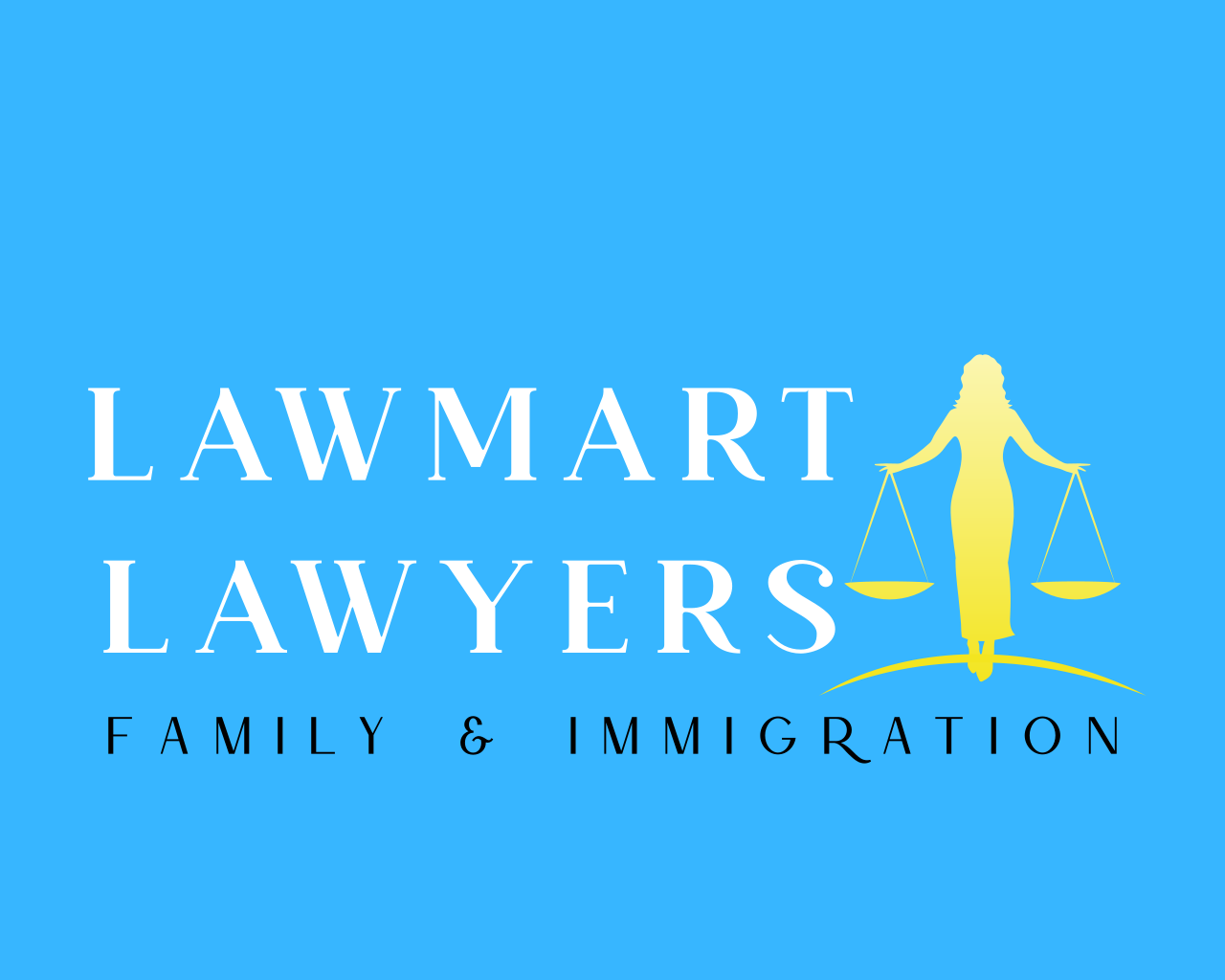Resolve Family Law Matters
Mediation
We often help clients resolve divorce cases through mediation as the attorney representing them there—a positive and sensible alternative to litigation for many people. Our attorneys can represent clients in mediation proceedings.
A Mediator Can Facilitate Amicable Solutions in Divorce Cases But Can’t Tell You Your Rights
Mediation is a process by which an impartial third party, known as a “neutral” or simply a “mediator,” facilitates an agreement between divorcing spouses during their dissolution proceeding or parenting plan. In Florida, all divorce cases require the parties to attend at least one mediation session. Prior to the session, the parties and their attorneys should meet several times, and prepare almost like a trial. This is because many important issues, such as child custody, child support, alimony and property distribution, may be discussed and negotiated during the meeting.
Although you may only want to use a mediator in your divorce. The mediator cannot advise you of your rights that you are waiving and responsibilities that you are required to complete in the agreement. You still need an attorney for that. A bad agreement is one of the worst things you can do because it is the paper that lives after the divorce is done.
Benefits of Mediation
Family law mediation is a moderated process to amicably resolve family disputes. There are many benefits associated with using alternative dispute resolution to settle divorce and other family law matters, including:
- It is generally less expensive than litigation.
- It often produces faster settlements than litigation.
- Parties are often more satisfied with solutions that have been mutually agreed upon than with determinations made by a court.
- Parties who have reached their own agreement are also more likely to comply with its terms.
- It is confidential, which means parties may be more willing to discuss sensitive issues.
- Mediation lessens resentments, clears the air, and reconciles opposing views, enabling parties to better interact with each other—if necessary—after divorce.
To enjoy the full benefits of mediation, it is essential to consult and retain an experienced family law attorney. Fair and equitable settlements cannot be reached if parties do not understand their legal rights or the strengths and weaknesses of their cases. Furthermore, a judge must ultimately approve the terms of a divorce settlement, and is much more likely to approve a settlement if both parties were represented by counsel and presumably aware of their legal rights.





